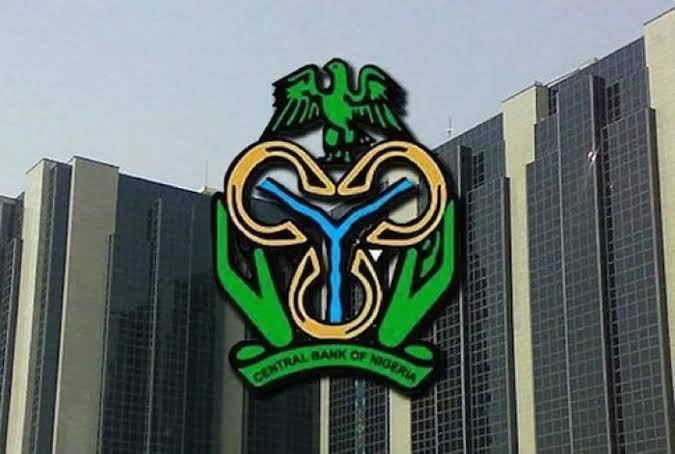The Central Bank of Nigeria (CBN) has announced that the country’s external reserves have reached $40.2 billion as of the end of last week. This update was shared by CBN Deputy Governor for Economic Policy, Muhammad Sani Abdullahi, during discussions with potential investors at the ongoing International Monetary Fund (IMF) and World Bank Annual Meeting in Washington D.C.
Abdullahi highlighted the CBN’s ambitious goal of achieving a $1 billion monthly inflow, attributing this target to the positive impact of the apex bank’s recent policies. He noted, “In terms of our external reserves, we’ve seen a lot of growth over the last couple of months. As of Friday, we were at $40.2 billion of external reserves, which is a significant increase from less than $34 billion a year ago.”
The Deputy Governor emphasized the importance of building financial buffers to cover at least 14.3 months of imports for goods and services, and 15 months for goods alone. He remarked on ongoing efforts to streamline export processes, stating, “We’re ensuring that we’re removing all the bottlenecks that hamper our economy.”
In 2019, Nigeria’s normal exports were valued at $10.4 billion; however, this figure fell to just over $3 billion last year. Abdullahi expressed optimism about returning to that $10.4 billion mark in the short term and eventually expanding beyond it.
He also pointed out that the CBN has been focusing on increasing diaspora remittances, which have risen from a monthly high of $350 million last year to $600 million currently. The central bank aims to reach the $1 billion mark in the near future, which is expected to help meet domestic dollar demand.
Additionally, Wale Edun, the Minister of Finance and Coordinating Minister of the Economy, addressed the commitment to maintaining market pricing for petrol. He explained that eliminating wasteful subsidies, which previously drained 5% of GDP, would free up resources to support the Nigerian economy.
Edun also discussed the implications of removing the petrol subsidy on May 29, 2023, noting that while it was no longer reflected on the government’s balance sheet, a foreign exchange subsidy had emerged, mainly affecting the Nigerian National Petroleum Corporation (NNPC). He indicated that the NNPC is now on a path to addressing its payables.
Regarding the influence of the IMF on Nigeria’s economic policies, Edun stated, “We value the thought leadership, technical assistance, and data provided by these institutions, even if we don’t always take their advice.” He emphasized Nigeria’s active role in the IMF and World Bank governance, highlighting the importance of collaboration with these international bodies.


